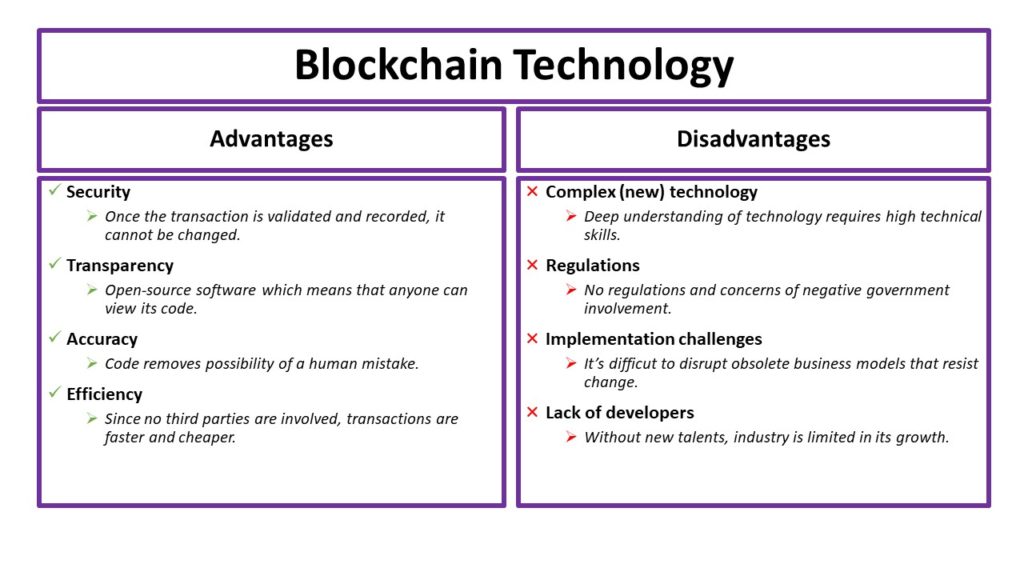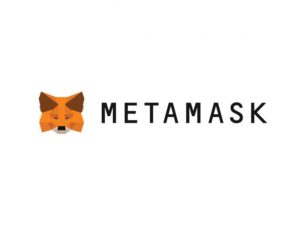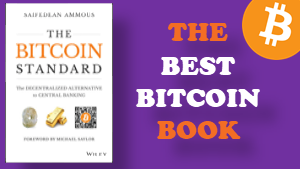Blockchain is a distributed ledger that records transaction data. It is a system that collects information and stores it into blocks. Each block with transaction information is connected to the previous one, creating a chain of blocks. Blockchain can be understood as a database that contains a lot of information, but instead of that information being managed under one entity, it is distributed among all network users. That makes blockchain a decentralized and transparent way of recording data.
Table of Contents
Why is blockchain important?

I’m sure we can all agree that information is extremely important. Today’s world runs on information and the key is to ensure that information is delivered as accurately and quickly as possible. Blockchain offers security, speed, and accuracy of data. It can track transactions, orders, products, ownership, and much more. It’s the next step in the evolution of databases.
Blockchain’s key characteristics:
Distributed ledger
A ledger, collection of all recorded transactions, is shared by all network users which makes the network transparent and more secured.
Immutability
Once the transaction is recorded on the ledger, it can’t be changed. No user can delete or replace recorded transactions, which makes the blockchain network immutable.
Programmability
There are both programmable and non-programmable blockchains. The best example of a non-programmable blockchain is Bitcoin, whose blockchain serves one function of recording ledger payments. Examples of programmable blockchains are Ethereum, Cardano, Polkadot, etc. whose blockchain serves as a platform to build decentralized applications.
Smart contracts
Smart contracts are a set of rules written in code that ensure that transactions occur when certain conditions are met. Smart contracts are speeding transactions because they are executed automatically.
Advantages and disadvantages

Conclusion
Blockchain is a unique technology that enables decentralized data recording. We are already seeing the disruption in well-established industries and we are yet to see new implications with future development. In a world where most information runs through centralized entities, the question is how big of an impact will regulation have on the development of this innovative technology. The coexistence of centralized and decentralized models is the most probable scenario for the future world and I look forward to it.

![Read more about the article Earn Passive Income With Crypto [BEST METHODS]](https://coinfuturist.com/wp-content/uploads/2022/01/earn-passive-income-with-crypto-best-methods.png)
